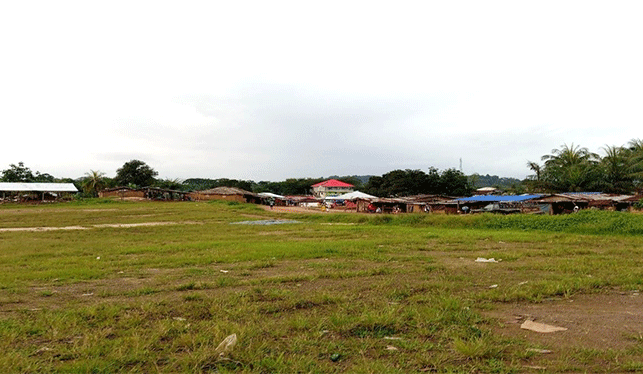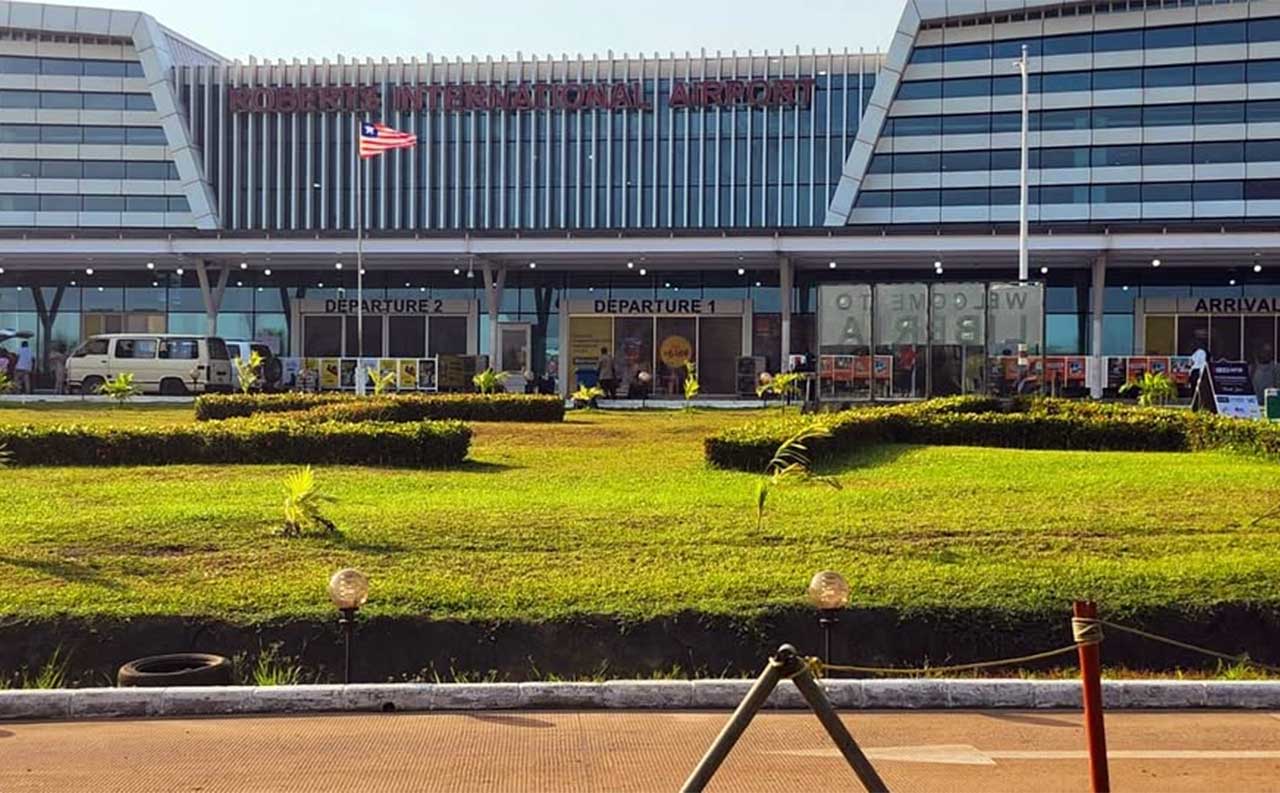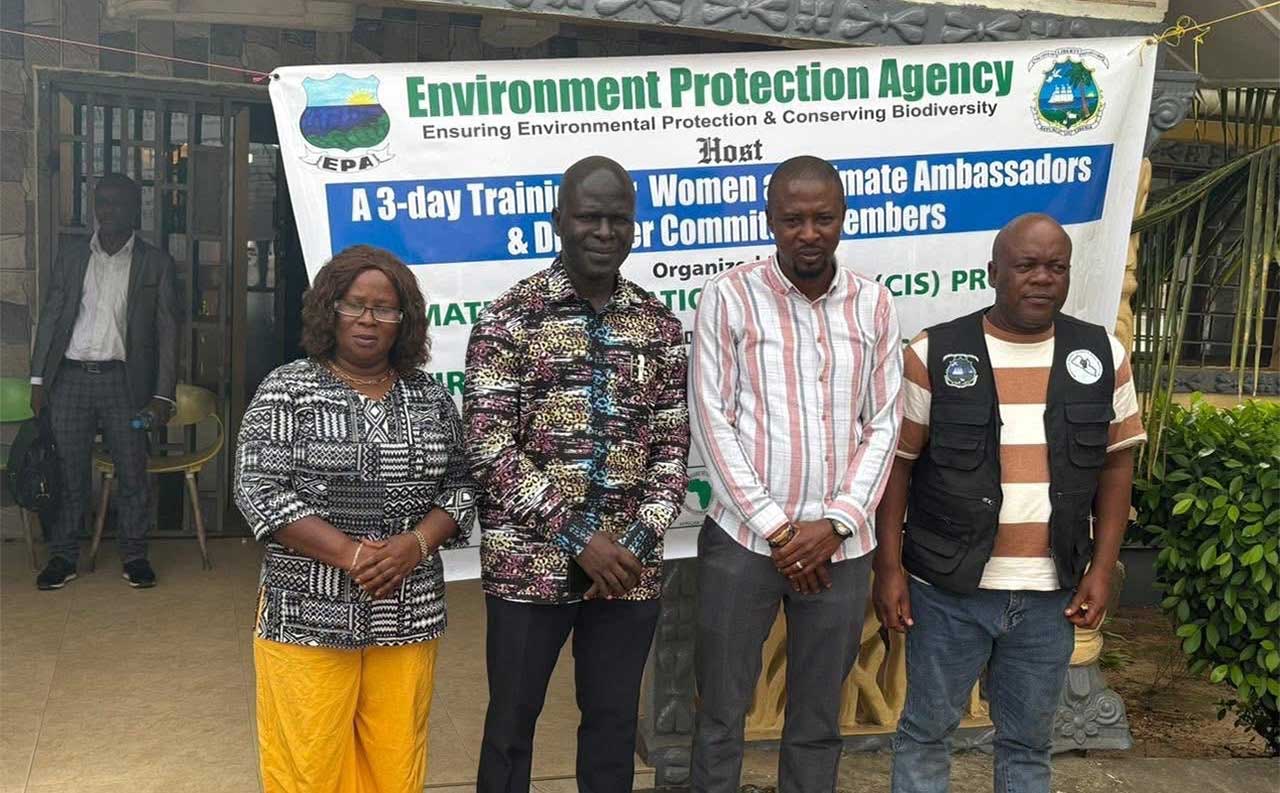Six communities in River Cess County are calling for legal representation before signing a four-year mining exploration agreement with Global Logistic Mining Company (GLC), a subsidiary of Bea Mountain Mining Company. Despite their requests for legal support and a week to review the document, Liberian authorities moved forward with the signing process without meeting the communities’ demands.
The communities, represented by “The Special Mining Committee,” had hoped for legal assistance to review the Memorandum of Understanding (MoU) with GLC. According to Nathaniel Zor, the committee’s chairperson, their plea for legal representation was ignored, and they were not involved in drafting the agreement—only receiving it for signature. “We asked for a lawyer to review the agreement that will affect our future. We were eager because we wanted jobs, but it was important to have legal advice,” Zor said.
Education and Health Promises
Under the MoU, 2% of the mining exploration budget is to be allocated to education and health initiatives in the affected communities. Despite these promises, the community’s request for legal review was overlooked, raising concerns about transparency. Zor also denied rumors of a US$25,000 signature fee but confirmed that each affected community was given a tip of US$125 for signing the agreement.
The agreement outlines that the 2% budget will be used exclusively for education and health projects, including the construction and rehabilitation of schools and clinics in the area. The MoU states that no cash payments will be made directly to the communities, and Bea Mountain will consult with them before making any expenditures from the allocated funds.
Controversy Over Kwa National Park
One major source of contention is the proposed mining exploration in an area designated as the Kwa National Park, a protected forest. The Forestry Development Authority (FDA) and the Ministry of Mines and Energy have refused to authorize exploration in the area, citing its status as a future national park. However, local residents argue that the government is prioritizing environmental conservation over much-needed job creation in their communities.
David Whapoe, the mining chairperson of Solo Village, advocates for the affected communities to withdraw from the proposed park designation, hoping this will expedite GLC’s exploration license. Whapoe criticized the government’s focus on the park, stating, “The park won’t provide jobs for our youth. We have seen no tangible benefits from the park representatives.”
Accusations of Impropriety
River Cess County officials and members of the Legislative Caucus have been meeting with the FDA and the Ministry of Mines and Energy about the proposed park. However, some legislators have been accused of receiving US$50,000 from Bea Mountain to sway community support for the mining deal.
Andrew Peters, Executive Director of the National Identification Registry and a key stakeholder, condemned the negotiations as “restricted and teleguided,” and accused Bea Mountain of failing to clarify how it acquired the exploration license from AmLib United Mineral Inc. Peters called for greater transparency, citing concerns about the company’s track record on human rights and corporate social responsibility.
Representative Steve Tequah, who was excluded from the negotiations, has called for a review of the agreement, claiming that it does not benefit the communities. Tequah revealed that only US$24,000 would be allocated to the communities, a sum controlled by the company, rather than the communities themselves. “When I reviewed the MoU, it was clear that it favored the company, not our people. I can’t support any deal that exploits our community,” Tequah said.
Community Frustration and Job Concerns
Local frustrations are further exacerbated by the lack of employment opportunities. Nancy Sowee, a community leader in Solo Village, expressed disappointment over the company’s failure to create jobs for women and young people. “Our girls want to learn, and other communities are benefiting. We hope the promised 2% will indeed go towards education and health,” she said.
Meanwhile, young people in the affected areas have petitioned Bea Mountain for the removal of its community relations officer, Mr. Ansu S. Sonii, accusing him of prioritizing outsiders for jobs that could have gone to River Cess residents. Sonii has denied these allegations.
A County Rich in Resources but Plagued by Exploitation
River Cess, one of Liberia’s poorest counties, is rich in gold and timber. However, its resources have been exploited for decades with little benefit to the local population. Past deals with foreign companies have led to the extraction of millions of dollars in resources, leaving communities with minimal returns.
The controversy over the proposed Kwa National Park and the exploration agreement with GLC has left many unanswered questions. Why were the communities denied legal representation? Why is the company controlling the 2% exploration funds? And what will happen if the communities withdraw from the national park designation? As frustration grows, so does the demand for answers and accountability.
By Gabriel B. Sawah, River Cess County



